Life hacks from grandmothers from the market: find out why milk has turned sour and what to add to the jar to make it last longer
Having intended to pour yourself a mug of milk, but having discovered “sour” in the jar, you have probably thought about why milk turns sour. Or perhaps they even asked us to tell them how to keep it fresh longer. If so, then we have prepared today’s material especially for you - find out why milk from the market sometimes does not sour, but turns into “snot,” and how you can extend the shelf life of milk to six months at home.
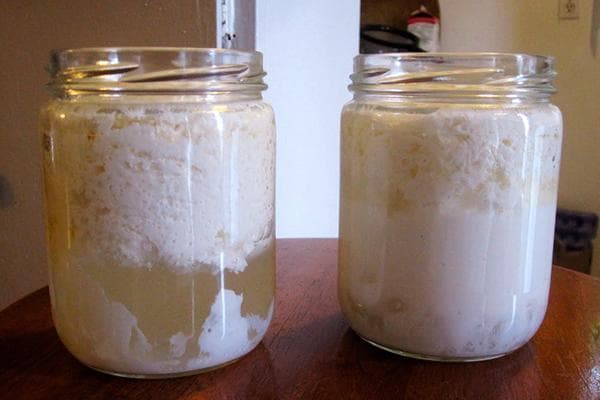
The milk has turned sour - what is the reason?
Souring of milk is a process closely related to the vital activity of bacteria, usually lactic acid bacteria (it’s not for nothing that they got that name). Moreover, it can be both controlled and random.
- In the first case, “pedigreed” microorganisms are deliberately added to pasteurized milk, purified from pathogenic microflora: pure cultures of Bulgarian and acidophilus bacillus, bifidobacteria, and thermophilic streptococci.
- In the second case, “wild” bacteria that live in the external environment get into the milk.
But no matter what kind of microflora has settled in a jar or saucepan with milk, further events develop according to the same scenario:
- Since milk is a protein product, and therefore a nutritious product, bacteria immediately begin to actively multiply. Particularly active in warm conditions; but they feel less comfortable in the refrigerator, so reproduction is slower.
- To reproduce, bacteria need energy, and they take it, like people, from food. The food in this case is milk.
- During the life of bacteria, waste is formed (in this, microorganisms are also no different from people). And since the bacteria have nowhere to dump this waste other than into the milk, over time it changes its appearance and also acquires a specific taste and smell. As you probably already understood, depending on which bacteria “worked” on souring, either a completely edible product (ryazhenka, yogurt, ayran, yogurt) or something completely unsuitable for consumption can be formed.
Why milk doesn’t sour: life hacks from market grandmothers and large producers
If you often buy cow's milk at the market, then, most likely, you have noticed that in the cold season it sours quite quickly, separating into whey and a dense but delicate white clot. But at the end of spring and summer the situation changes - milk can sit on the table for almost 2-3 days, eventually turning into a bitter, mucous substance. What is the secret of such metamorphoses?
The fact is that dishonest sellers fight bacteria to the best of their ability by adding to milk:
- antibiotics (the cheapest and most expensive - they kill almost all microflora);
- baking soda (it creates an alkaline environment, which bacteria really don’t like and prevents their proliferation);
- ammonia (works the same as soda);
- industrial anticoagulants (they prevent milk from curdling, and purchasing them on the Internet is not difficult).
Store-bought milk, regardless of the time of year, can be stored for at least a week. True, provided that the packaging is not opened and is in the refrigerator.But, unlike their competitors on the market, large manufacturers do not spoil the product with “left-behind” additives. The production uses pasteurization technology - milk is heated to a temperature of 80–90 °C and held for 30–60 seconds. During this time, almost all microflora manages to die.
In addition to pasteurized milk, there is another type of store-bought milk - ultra-pasteurized. It is heated to 130–150 °C for 1-2 seconds, after which it is sharply cooled to 5 °C and immediately poured into special containers - TetraPak bags. Due to the fact that processing and bottling take place in a closed system, where outside air does not enter, such milk is almost sterile and can be stored for about six months.
How to prevent milk from going sour at home?
If it happens that you bought more milk than you can use, and you want to add something to it so that it does not turn sour, it is better to abandon your idea. The above-mentioned life hacks of grandmothers selling at the market (soda, ammonia and antibiotics) will not add any benefits to the product, but, on the contrary, will make it harmful to health. However, it is still possible to prevent rapid souring.
Method one - pasteurization
Take a clean (washed and then sterilized, as for canning) jar and an equally clean lid. You will also need two saucepans - pour milk into one, which is smaller, and boiling water into the second, which is larger.
Then proceed like this:
- Place the first pan in the second, and the second on the stove.
- Wait until the milk heats up in a water bath to 60 °C and note the time.
- After 20 minutes, remove the milk from the heat, immediately pour into jars and seal.
- Once cooled, place in the refrigerator. It will stay there for 3-4 days.
Method two - freezing
Frozen milk remains usable for 3 to 6 months, or even longer. When stored correctly (in a closed container, away from fish and other strong-smelling foods), it completely retains its taste. It’s easy to prepare - just pour it into silicone ice molds, and after completely freezing, transfer it to an airtight container (a container with a lid or a zip bag).
As you can see, the answer to the question of why milk turns sour is extremely simple: bacteria are to blame. And the only way to slow down the souring process is to prevent microorganisms from multiplying rapidly. Unfortunately, there are not many safe ways to extend the shelf life of milk at home, so it is better to buy it in quantities that will last you 1-2 days.
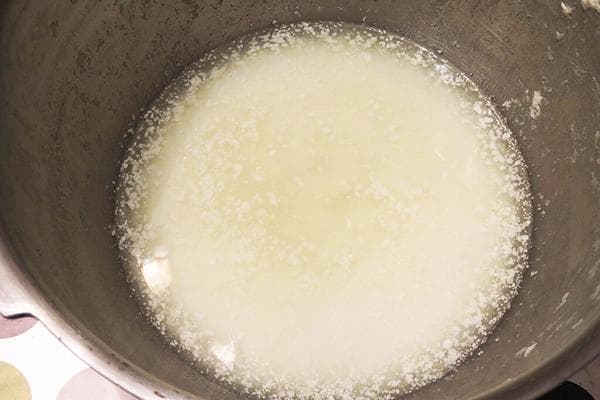
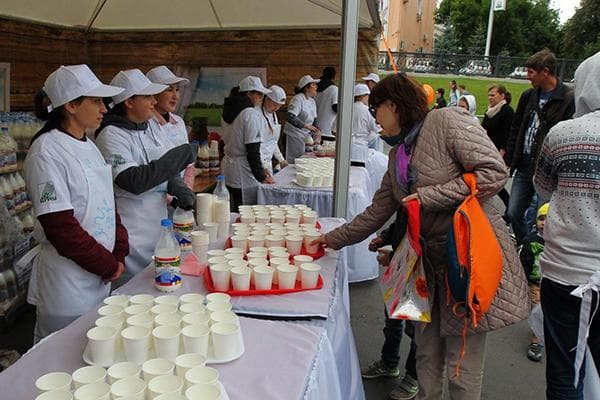
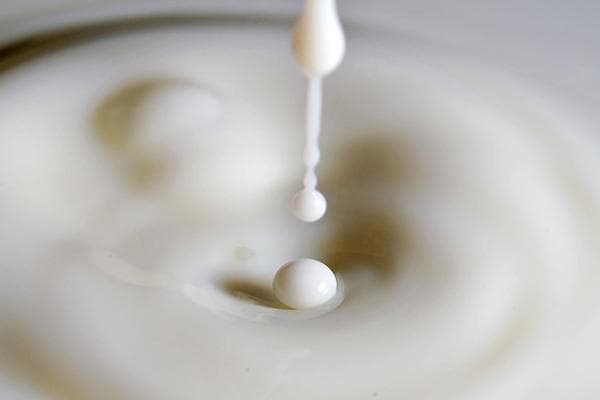
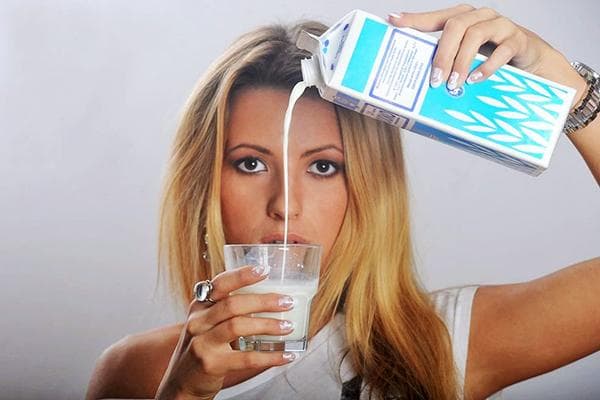
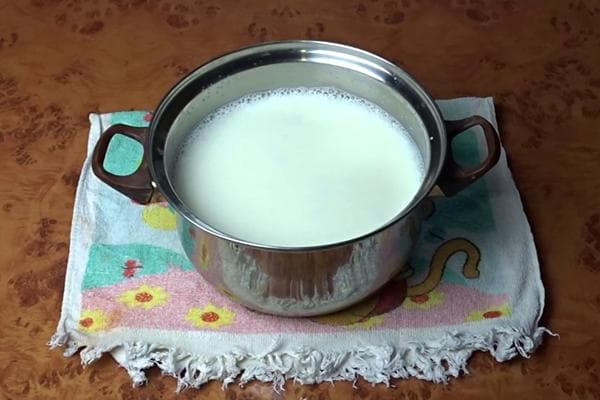
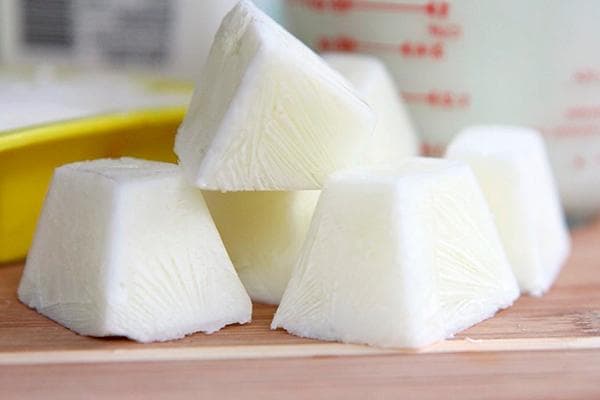
Ultra-pasteurized